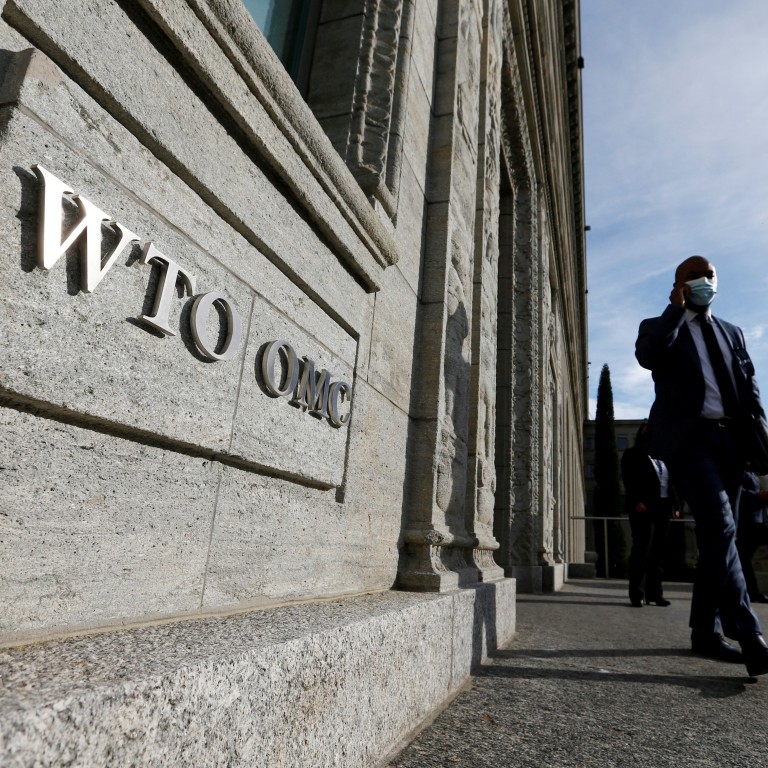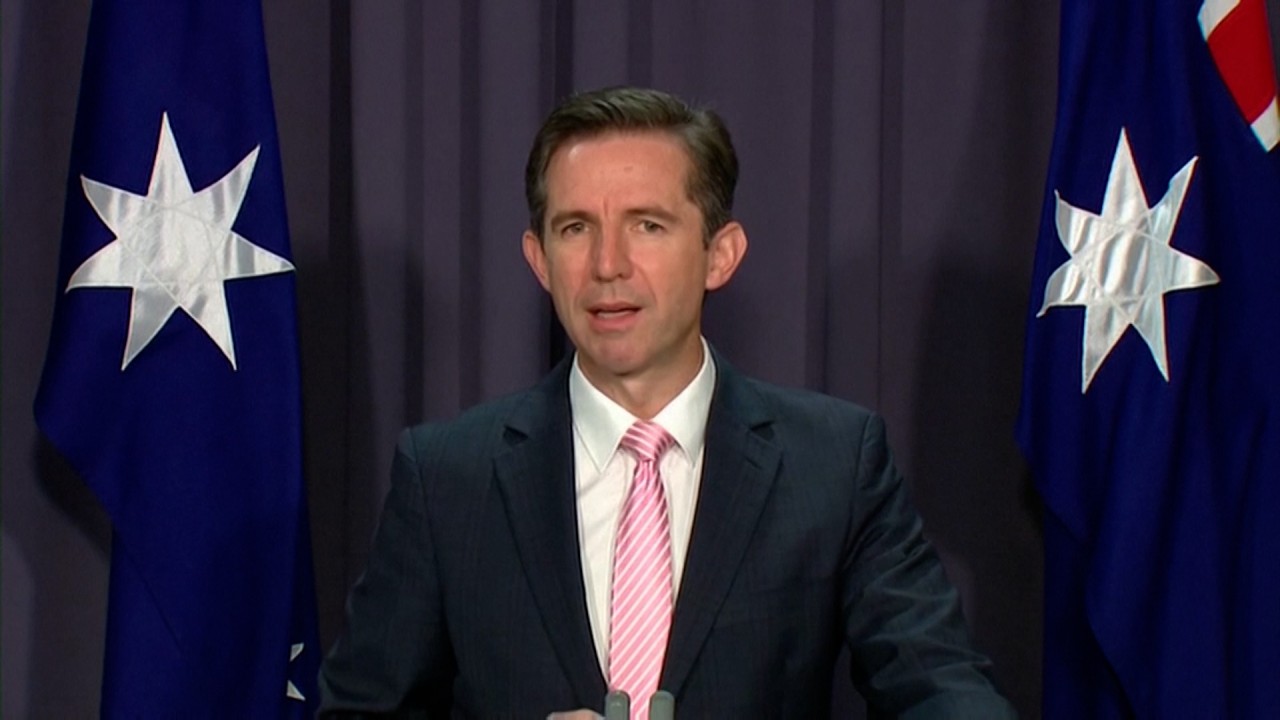
China-Australia relations: WTO confirms appeal lodged against Beijing’s tariffs on Australian barley
- China imposed an 80.5 per cent tariff on Australia’s barley exports in May following the conclusion of an 18-month investigation
- Last week, outgoing trade minister Simon Birmingham said Australia’s decision to appeal to the World Trade Organization (WTO) was the ‘logical and appropriate next step’
Australia’s dispute with China over anti-dumping and anti-subsidy duties imposed on its barley exports is under way after the World Trade Organization (WTO) confirmed the complaint on Monday.
China did not determine export price on a reasonable basis when it improperly discarded the information provided by exporters and producers on the export price of barley
In its filing, Australia claimed China deviated from WTO rules 26 times during its anti-dumping investigation, including improperly using third-party country sales to justify Australia had dumped cheap barley.
“China did not determine export price on a reasonable basis when it improperly discarded the information provided by exporters and producers on the export price of barley, and determined the export price by reference to third-party information,” the complaint said.
During the course of the investigation, Australia also claimed China failed to verify the accuracy of the Chinese barley price and the statistics of various economic indicators relating to the state of China’s barley industry.

02:01
Australia seeks WTO mediation on China barley tariffs
After an 18-month investigation, China imposed a total tariff of 80.5 per cent on Australia’s barley exports in May, made up of an anti-dumping duty of 73.6 per cent and a countervailing or anti-subsidy levy of 6.9 per cent, rendering Australian barley exports uncompetitive in China.
In imposing the barley anti-dumping duty, the Chinese commerce ministry said cheap Australian barley had substantially hurt the Chinese domestic market.
It is the first time either party has disputed an anti-dumping tariff at the WTO.
Between 1995 and 2019, Australia was the sixth most prolific anti-dumping instigator among WTO members after India, the United States, the European Union, Argentina and Brazil.
Dumping is a situation in which the prices of exported goods are lower than the same goods sold in the domestic market of the exporter.
Trade lawyers have said in many anti-dumping measures against China and other countries, Australia had also imposed anti-dumping duties using third-party or proxy prices to substantiate its case.
This was seen in Indonesia’s recent win against Australia in February when the WTO determined Australia was inconsistent with its obligations as a member in the use of proxy prices over Indonesian prices to determine an anti-dumping case on Indonesian A4 paper exports.

